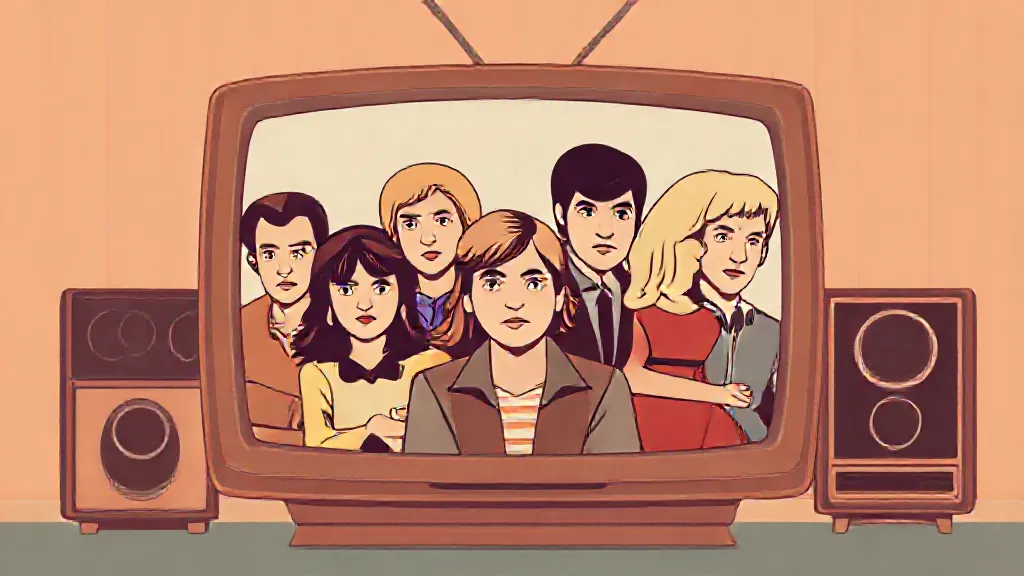In the ever-evolving landscape of television, certain series manage to transcend the boundaries of time, captivating audiences for decades. The question arises: what makes these iconic TV series endure? Is it the storytelling, character development, cultural relevance, or perhaps a combination of all these elements? This article delves into the key factors that contribute to the longevity of beloved television shows, highlighting examples that serve as benchmarks in the industry.
Timeless Storytelling and Relatable Themes
At the heart of any enduring TV series lies a compelling narrative.
Iconic shows often explore universal themes such as love, family, conflict, and the human condition. For instance, "Friends" encapsulates the trials and tribulations of young adulthood, while "The Simpsons" cleverly satirizes American culture. These relatable themes resonate with viewers across generations, allowing new audiences to connect with the series long after its original airing.
Memorable Characters and Development
The characters in iconic series are often as memorable as the stories themselves. Strong character development allows viewers to form emotional connections, making them invested in the characters' journeys. Take "Breaking Bad," for example; Walter White's transformation from a mild-mannered chemistry teacher to a ruthless drug lord captivated audiences and sparked discussions about morality and choice.
Such character arcs leave a lasting impact, ensuring that the series remains relevant and discussed long after its finale.
Cultural Impact and Relevance
Cultural relevance plays a significant role in a show's longevity. Series that address contemporary issues or reflect societal changes tend to resonate more deeply with audiences.
"The Fresh Prince of Bel-Air" tackled themes of race and class in America, while "The X-Files" explored government conspiracies and paranormal phenomena during a time of great skepticism. These shows not only entertained but also provoked thought and discussion, securing their place in cultural history.
Innovative Formats and Production Techniques
Innovation in storytelling and production techniques can also contribute to a show's lasting appeal.
Series like "The Office" and "Parks and Recreation" popularized the mockumentary format, offering a fresh perspective on workplace comedy. Similarly, "Game of Thrones" pushed the boundaries of production value in television, with its cinematic approach and intricate world-building. These innovations keep audiences engaged and excited, setting trends that future shows may follow.
Nostalgia and Generational Appeal
Nostalgia is a powerful force that keeps iconic series alive in the hearts of viewers. Shows like "The Twilight Zone" and "M*A*S*H" evoke fond memories of past eras, allowing audiences to relive their youth. Furthermore, these series often find new life through reruns, streaming platforms, and reboots, introducing them to younger generations.
This cyclical nature of media consumption ensures that iconic shows remain part of the cultural conversation.
Strong Fan Communities and Fandom
The role of fan communities cannot be underestimated in the longevity of iconic TV series. Dedicated fans often create a sense of belonging and community, discussing theories, creating fan art, and organizing conventions.
For example, the "Star Trek" fandom has thrived for decades, with conventions and fan clubs keeping the spirit of the series alive. This active engagement fosters a culture around the show, ensuring its continued relevance and visibility.
Critical Acclaim and Awards
Recognition from critics and awards can also bolster a series' longevity.
Iconic shows often receive accolades that cement their status in television history. "The Sopranos," for instance, is frequently cited as one of the greatest TV shows of all time, earning numerous Emmy Awards and critical praise. Such recognition not only validates the show's quality but also attracts new viewers who wish to experience the acclaimed content for themselves.
Conclusion: The Art of Endurance
In conclusion, the factors that contribute to the longevity of iconic TV series are multifaceted. Timeless storytelling, memorable characters, cultural relevance, innovative formats, nostalgia, strong fan communities, and critical acclaim all play significant roles in ensuring that these shows endure through the years. As television continues to evolve, understanding what makes certain series stand the test of time can provide valuable insights for creators and audiences alike.
